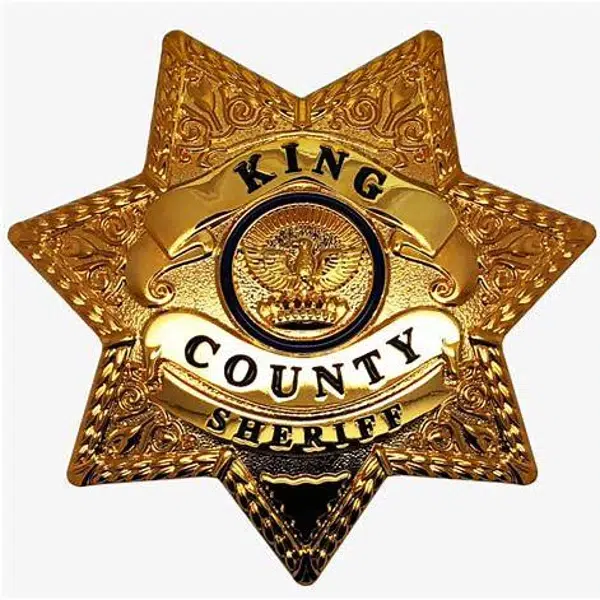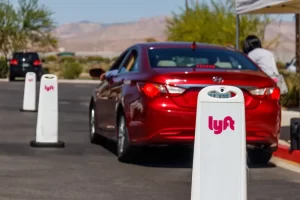A King County sheriff’s deputy is facing charges in Seattle after prosecutors say he raped a teenage girl during police ride-alongs tied to a law enforcement mentorship program. The case is part of a larger pattern uncovered by an investigation showing that ride-alongs have often been a gateway to abuse in Explorer programs across the United States, according to a Wednesday Guardian report.
The deputy, Ricardo Arturo Cueva, pleaded not guilty in June to charges involving assaults of a 17-year-old participant in the Explorers program between 2017 and 2018. Prosecutors allege the abuse escalated from inappropriate comments and kissing during ride-alongs to multiple sexual assaults in Cueva’s police vehicle and at his home. Washington law sets the age of consent at 16 but raises it to 18 when the accused holds a position of authority, such as a law enforcement officer.
The victim, now 24, came forward earlier this year. In court records, she recalled Cueva acknowledging that his conduct was illegal but continuing to exploit her trust. She told detectives she reported the abuse “in hopes of protecting others.”
A broader problem in Explorer programs
Explorer programs, overseen by Scouting America (formerly Boy Scouts of America), operate in law enforcement, fire departments, and EMS agencies nationwide. Ride-alongs have been a central part of the law enforcement Explorers program, giving teens as young as 14 a chance to accompany officers on patrol shifts. But documents and lawsuits show that the practice has long left youth participants at risk.
The Marshall Project, which examined more than 200 cases involving law enforcement Explorers, found that roughly a quarter of reported incidents of sexual misconduct occurred during ride-alongs. In many instances, abuse followed a pattern of grooming that began with comments or casual touching before progressing to assaults in police vehicles.
Until this summer, Scouting America made an exception to its own longstanding child protection rules for Explorer ride-alongs, allowing teens to spend hours alone with officers despite the organization’s general prohibition on one-on-one adult-minor contact. That exception was quietly rescinded in June, after repeated requests for comment during the Marshall Project’s reporting. The new policy requires two adults for all activities, including ride-alongs, and mandates that at least one officer be female if an underage girl participates.
Ongoing abuse cases nationwide
The Washington case is one of several this year involving allegations of sexual abuse of Explorers by law enforcement officers. Cases in Texas, Arizona, and Connecticut also allege that teenagers were assaulted during ride-alongs. Some officers have faced criminal charges, while others avoided significant punishment even after internal investigations confirmed misconduct.
Experts say the isolation of police cars creates an especially dangerous environment. “Just like a uniform, the police vehicle itself provides that air of authority,” said attorney Nate Baber, who represents a former Explorer allegedly abused in Connecticut. “It makes the victim feel as though they don’t have much of a choice.”
Criminologists and attorneys warn that the exception Scouting America carved out for ride-alongs directly undermined its own safety standards. Philip Stinson, a Bowling Green State University professor who studies police misconduct, said, “If I were the parent of a teenage daughter who wanted to participate in a law enforcement Explorer program, I would discourage her because I’m well aware of the abuses that occur.”
Other experts argue that even with stronger rules on paper, oversight by both Scouting America and law enforcement agencies remains insufficient. Gilion Dumas, an attorney representing multiple victims, said, “The most important message is that teenagers themselves have to understand the risk and how to protect themselves, because I don’t think the program is going to protect them.”
A history of warnings
Reports of misconduct in Explorer programs date back decades. A 2003 study by the University of Nebraska at Omaha found that more than 40 percent of identified cases of officers abusing teenage girls nationwide involved Explorers. Despite reforms following Scouting America’s 2020 bankruptcy settlement, which required stronger recordkeeping and reporting, specific rules around ride-alongs were not addressed until this year.
Cueva, the King County deputy, is scheduled to stand trial in October. He remains on administrative leave. His attorneys have said he maintains his innocence.
Are you or a loved one a survivor of institutional sexual abuse? Learn more with our Institutional Sexual Abuse Lawsuit Guide. You can also get a free case review by filling out the form below.




